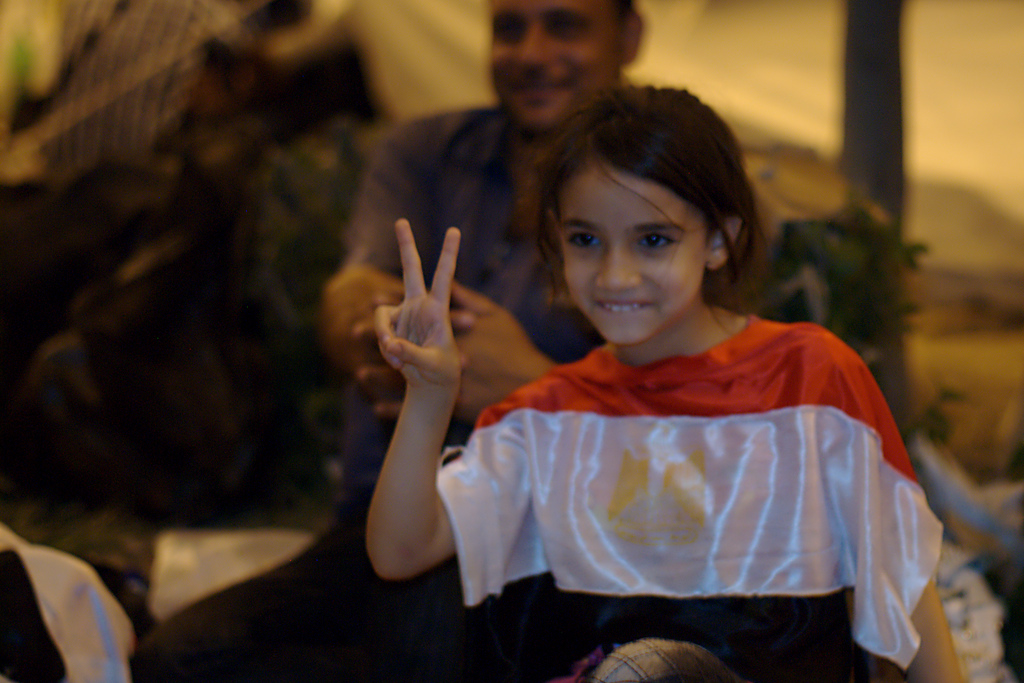The Peninsula
Korea Can Do More in the Middle East

By Troy Stangarone
In his remarks before Congress, President Lee Myung-bak pledged to help Libya through its transition saying “We will take part in the international effort in bringing democracy to Libya and rebuilding its shattered economy.” While Korea’s efforts in helping Libya are laudable, Korea may also be in a position to help utilize lessons from its own development to help with the transition in the Middle East.
In the aftermath of the Korean War, Korea had very little industry or resources with which to develop its economy. However, over the last sixty years Korea has gained a wealth of experience as it successfully made the transition from developing to developed economy. Since 2004, Korea has sought to share that knowledge with other developing countries, and to that end the Korean government has supported the Korea Knowledge Sharing Program. As of 2010, the program has been involved in research and consultations with approximately 20 countries and 200 topics and counts among its successes the Kuwait Five-Year Economic Development Plan, the establishment of the Vietnam Development Bank, and the Navoi Free Economic Zone of Uzbekistan.
Beyond its own efforts, Korea sought to place the issue of development on the agenda at the Seoul G-20 Summit as it worked to become the ‘bridge’ between the developed and developing world. While not what was envisioned at the time, marrying Korea’s efforts through its Knowledge Sharing Program with an augmented version of the G-20 development agenda agreed to in Seoul might be an ideal means to provide and coordinate technical economic assistance from Korea and other G-20 nations. Critically, the G-20 agenda also includes a knowledge sharing component. Since the G-20 includes both advanced and developing nations, it may be viewed in a positive light in the region and have more practical experience to draw on.
At the same time, much like Egypt, Tunisia, and Libya, Korea has experienced a transition from dictatorship to democracy. Each of these nations would benefit from technical assistance with the transition to democracy as they build democratic institutions and organize free elections. This may especially be the case in Egypt where concerns over backsliding by the military in the transition to democracy have already begun. Korea could share its lessons from this difficult process as well.
A successful transition and stability in the Middle East matters for Korea as well. Many of these markets had seen significant increases in exports from Korea over the last decade before the Arab Spring took hold. Taken as a whole, the Middle East and North Africa now imports roughly two-thirds of what the United States imports from Korea. The region is also a key source of energy for the Korean economy. Korea currently imports nearly three quarters of its oil from the Middle East, as well as a significant portion of its natural gas.
The transitions in the Middle East have created a great deal of uncertainty in the region over the last year. However, they also represent a challenge for the international community that seems to be ideally suited for Korea’s participation as it seeks to become more of a global player and to share its experiences with other developing countries.
Troy Stangarone is the Senior Director for Congressional Affairs and Trade for the Korea Economic Institute. The views represented here are his own.
Photo by mbaudier, Flickr Creative Commons
